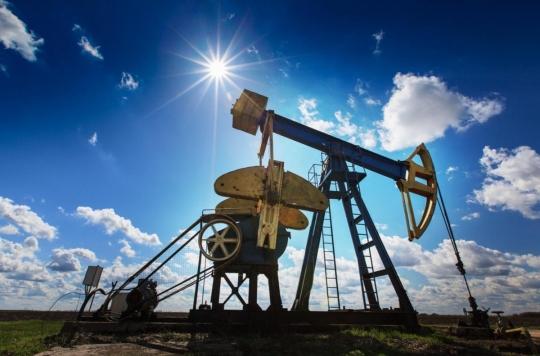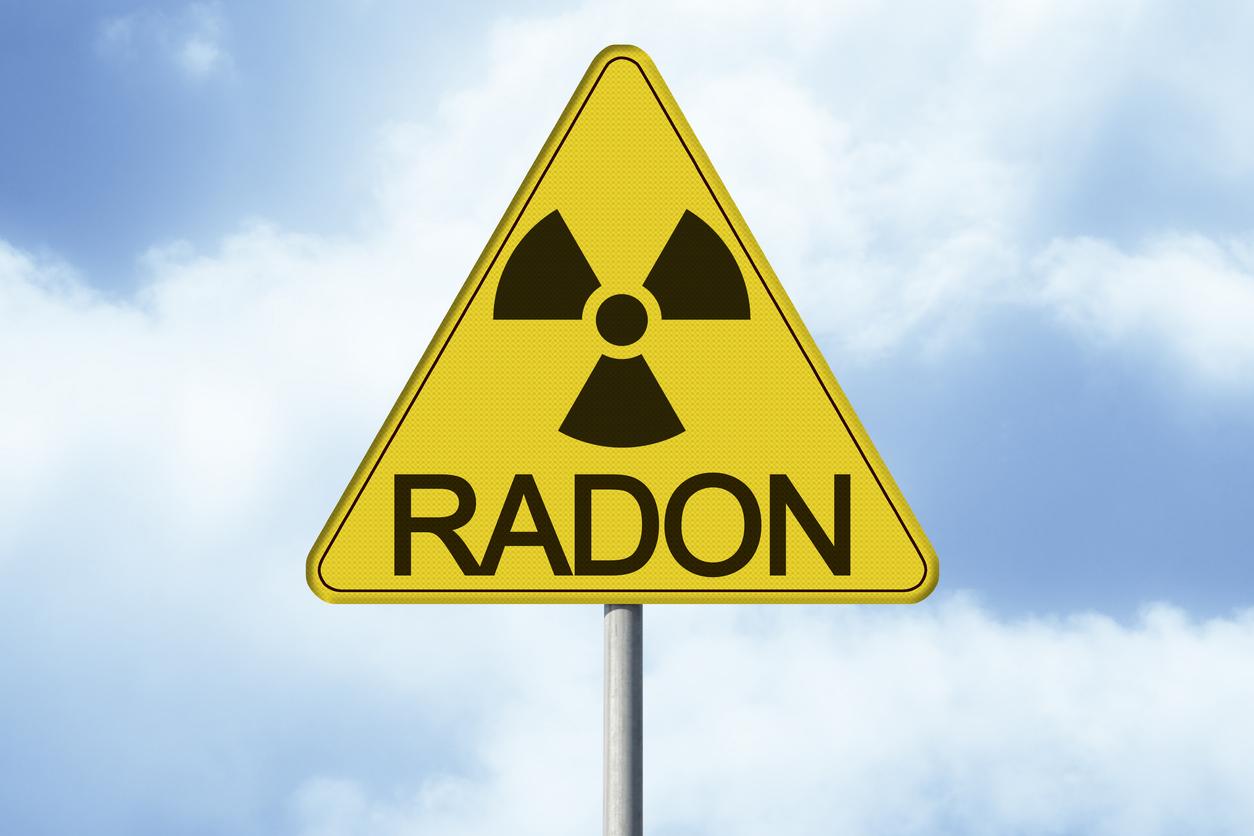In areas where there are many hydraulic fracturing wells, the rate of heart attacks is 1.4 to 2.8 times higher than in areas where this technique is prohibited.

- Living near a hydraulic fracturing shale gas site increases the risk of heart disease
- The phenomenon is amplified by the fact that in the United States, these sites are in rural areas where access to care is reduced.
Hydraulic fracturing has been banned since 2016 in France. This method extracts hydrocarbons from rocks by injecting a mixture of water, chemicals and sand. It has been banned in France because of the pollution it generates. Hydraulic fracturing releases chemical particles, organic compounds and nitrogen oxide into the air. It is legal in many US states. Researchers from the University of Rochester, located in New York State, conducted a study on the effects of this pollution on the heart health of people living near an area where hydraulic fracturing is practiced. The results of their work have been published in the specialized journal Environmental Research.
An increased cardiovascular risk
“Hydraulic fracturing is associated with high rates of hospitalization for acute myocardial infarction in 40-year-olds and older people, explains Elaine Hill, lead author of this study, as well as death from heart attacks in menTo reach this conclusion, she and her team analyzed medical data from 47 regions in New York State and Pennsylvania. They looked at rates of heart attack-related hospitalizations and deaths. The main difference between the two areas studied is the prevalence of shale gas extraction: it is prohibited in New York State and authorized in Pennsylvania.The data collected enabled them to establish that the inhabitants where the hydraulic fracturing is permitted are at greater risk of heart attack In areas of Pennsylvania, rates of heart attacks are 1.4 to 2.8 times higher by age, compared to areas of New York. Males between the ages of 45 and 54 are most affected.”A group more likely to be gas workers“, point out the authors.
isolated areas
At the same time, they point out that hydraulic fracturing is concentrated in rural areas, where access to care is more complicated. “People with heart disease in these areas may be at greater risk of complications, including death, due to reduced access to care.“For scientists, it is important that health professionals, whose patients live in these areas, are particularly vigilant in the face of these risks. They even suggest going further:”Banning Hydraulic Fracturing Can Help Protect Human Health“, concludes the research team.

.

















